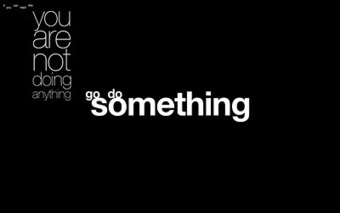“Happiness is a habit – cultivate it.” Elbert
Hubbard
Happiness is one aspiration all people share. No one wants to be sad and depressed.
We’ve all seen people who are always happy – even amidst agonizing life trials. I’m not saying happy people don’t feel grief, sorrow or sadness; they just don’t let it overtake their life. The following are 21 things happy people make a habit of doing:
1. Appreciate Life
Be thankful that you woke up alive each morning. Develop a childlike sense of wonder towards life. Focus on the beauty of every living thing. Make the most of each day. Don’t take anything for granted. Don’t sweat the small stuff.
2. Choose Friends Wisely . . .
Via Martin Gysler



 Your new post is loading...
Your new post is loading...





























